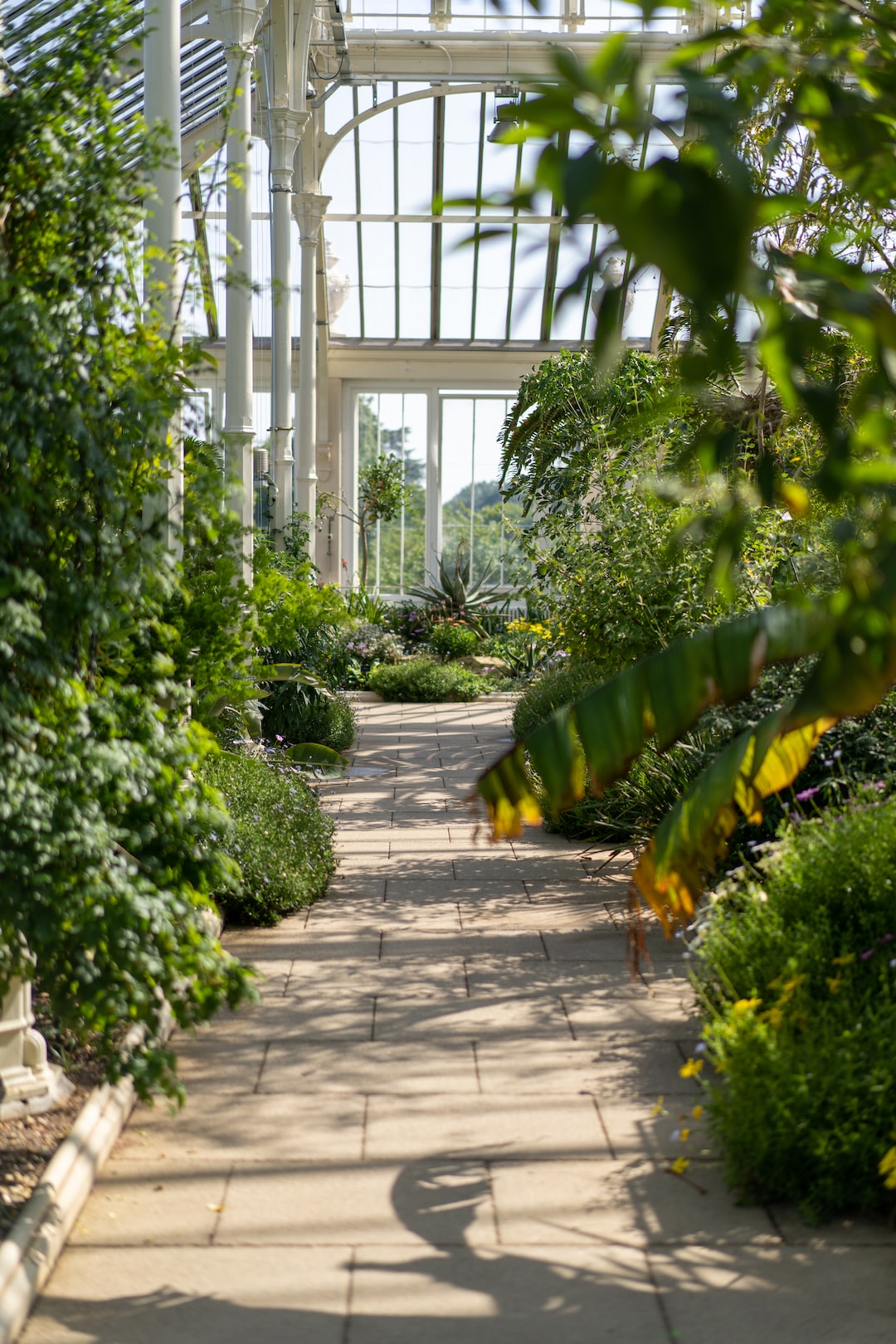Eco-Friendly Pest Control Methods for Your Garden
Maintaining a beautiful garden can be a rewarding hobby, but it can also be a constant battle against pesky pests. While it may be tempting to resort to harmful chemical pesticides, there are several eco-friendly pest control methods that can effectively keep your garden pests at bay without harming the environment or the health of your plants. Here are some alternative methods you can consider for a green and sustainable garden.
1. Companion Planting: One of the simplest and effective strategies is companion planting, which involves growing specific plants together to repel pests. For example, planting marigolds in between tomato plants can repel nematodes, while interplanting basil with tomatoes can help deter whiteflies. The strong scent of certain plants can confuse pests or mask the scent of other plants, making it a natural and accessible pest control method.
2. Natural Predators: Encouraging the presence of natural predators in your garden is another eco-friendly approach. Ladybugs, lacewings, spiders, and birds are beneficial insects and animals that feed on garden pests. You can attract them by creating a diverse and welcoming habitat. Consider adding bird feeders, bird baths, or planting native flowers to attract these helpful creatures to your garden.
3. DIY Pest Sprays: You can prepare your own organic pest sprays using common household ingredients. For example, a mixture of water and dish soap can be used to kill aphids and spider mites. Neem oil, derived from the neem tree, is another natural pesticide that can be effective against a wide range of garden pests. These homemade sprays are safe for your plants, pets, and beneficial insects while effectively combating pests.
4. Physical Barriers: Creating physical barriers is an effective way to prevent pests from entering your garden. For instance, placing netting or row covers over your crops can protect them from insects and birds. Additionally, handpicking larger pests, such as snails or slugs, can help keep their population under control.
5. Healthy Soil and Plants: Maintaining healthy soil and plants is crucial to prevent pest infestations. Well-nourished plants are more resistant to pests and diseases. Ensure your garden has proper drainage and good air circulation, as damp and crowded conditions can attract pests and diseases. Mulching can also help suppress weed growth and protect soil moisture, reducing stress and susceptibility to pests.
Adopting these eco-friendly pest control methods will not only protect your garden but also benefit the broader environment by reducing the use of harmful chemicals. Keep in mind that patience and consistency are key when employing these natural solutions, as they may take some time to yield noticeable results. Prioritizing sustainable pest control practices will not only allow you to achieve a thriving garden but also create a safe and healthy environment for yourself and future generations to enjoy.
Need Gold Coast pest control or Pest Control Brisbane? We provide expert pest solutions & termite treatments with a 100% satisfaction guarantee.

